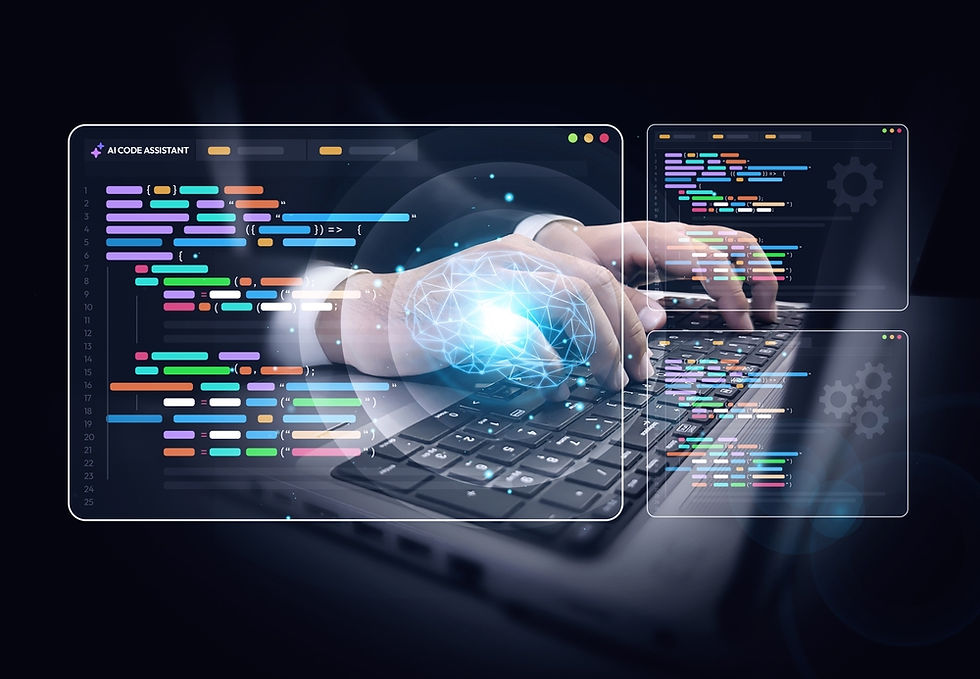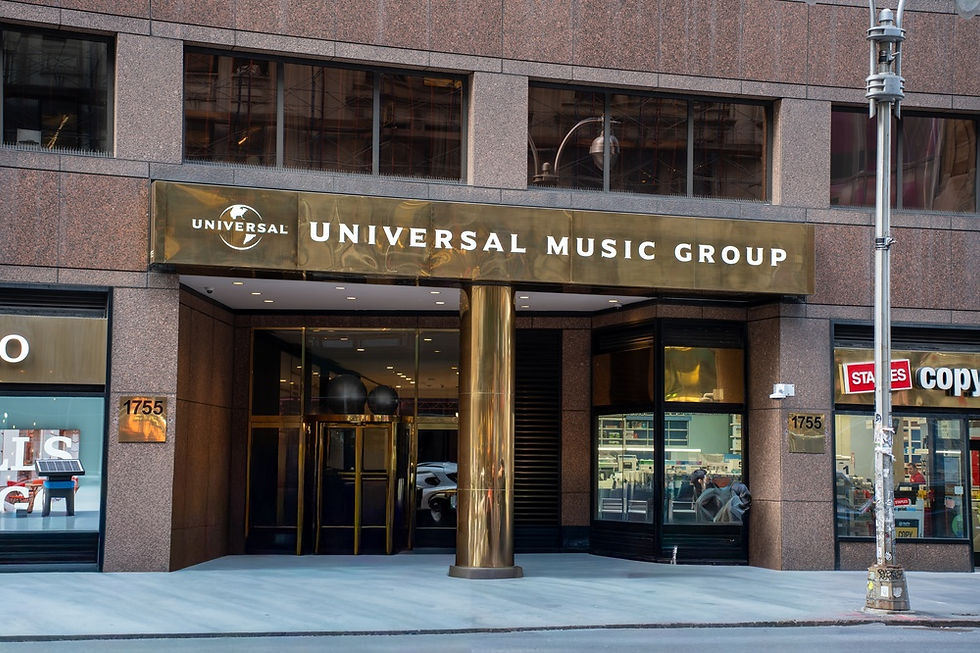OpenAI launches Sora AI video generator in UK amid copyright controversy
- Marijan Hassan - Tech Journalist
- Mar 5, 2025
- 2 min read
OpenAI has launched its AI-powered video generation tool, Sora, in the UK, reigniting the ongoing debate between the tech industry and creative professionals over copyright protections. The tool, which allows users to generate high-quality video content using text prompts, has already raised concerns among filmmakers, artists, and policymakers.

Beeban Kidron, a British film director and crossbench peer, warned that Sora's UK debut adds "another layer of urgency to the copyright debate." Her concerns come at a time when the UK government is facing criticism over its proposed policies, which would allow AI firms to train their models on copyrighted content unless creators opt out.
Critics argue that this approach weakens intellectual property rights and undermines creative industries.
Sora, first unveiled in the US in December, is available to UK users who subscribe to ChatGPT’s paid tiers. The tool can generate detailed and visually striking videos from simple text prompts. For instance, users can request clips of "a beautiful, snowy Tokyo city where gorgeous sakura petals are flying through the wind along with snowflakes."
Despite its impressive capabilities, Sora has faced scrutiny over its training data. Kidron pointed to YouTube's terms of service, which prohibit the unauthorized use of its content for AI training. Neal Mohan, CEO of YouTube, previously stated that if OpenAI had used YouTube content without permission, it would constitute a violation of its policies. However, when asked directly whether YouTube videos had been used to train Sora, Mohan admitted, "I don’t know."
The controversy highlights broader concerns about AI-generated content and its implications for the creative economy. Tyler Perry, the prominent film and TV mogul, recently paused an $800 million expansion of his Atlanta studio after witnessing Sora’s capabilities, fearing it could significantly reduce the need for physical sets and location shoots.
OpenAI maintains that Sora’s development complies with copyright laws, stating that its training data comprises a mix of publicly available sources and other licensed materials. However, concerns persist about whether AI firms should be required to obtain explicit consent from creators before using their work.
Alibaba starts offering free AI video generation
In a related development, Chinese tech giant Alibaba has announced that it will open-source four models from its Wan2.1 series, the latest iteration of its AI-driven image and video generation technology. These models will be accessible through Alibaba Cloud’s Model Scope and Hugging Face, a leading AI model repository.
By making these models freely available to researchers, academics, and commercial entities, Alibaba aims to challenge OpenAI and other Western AI firms, emphasizing openness and collaboration in AI research.













